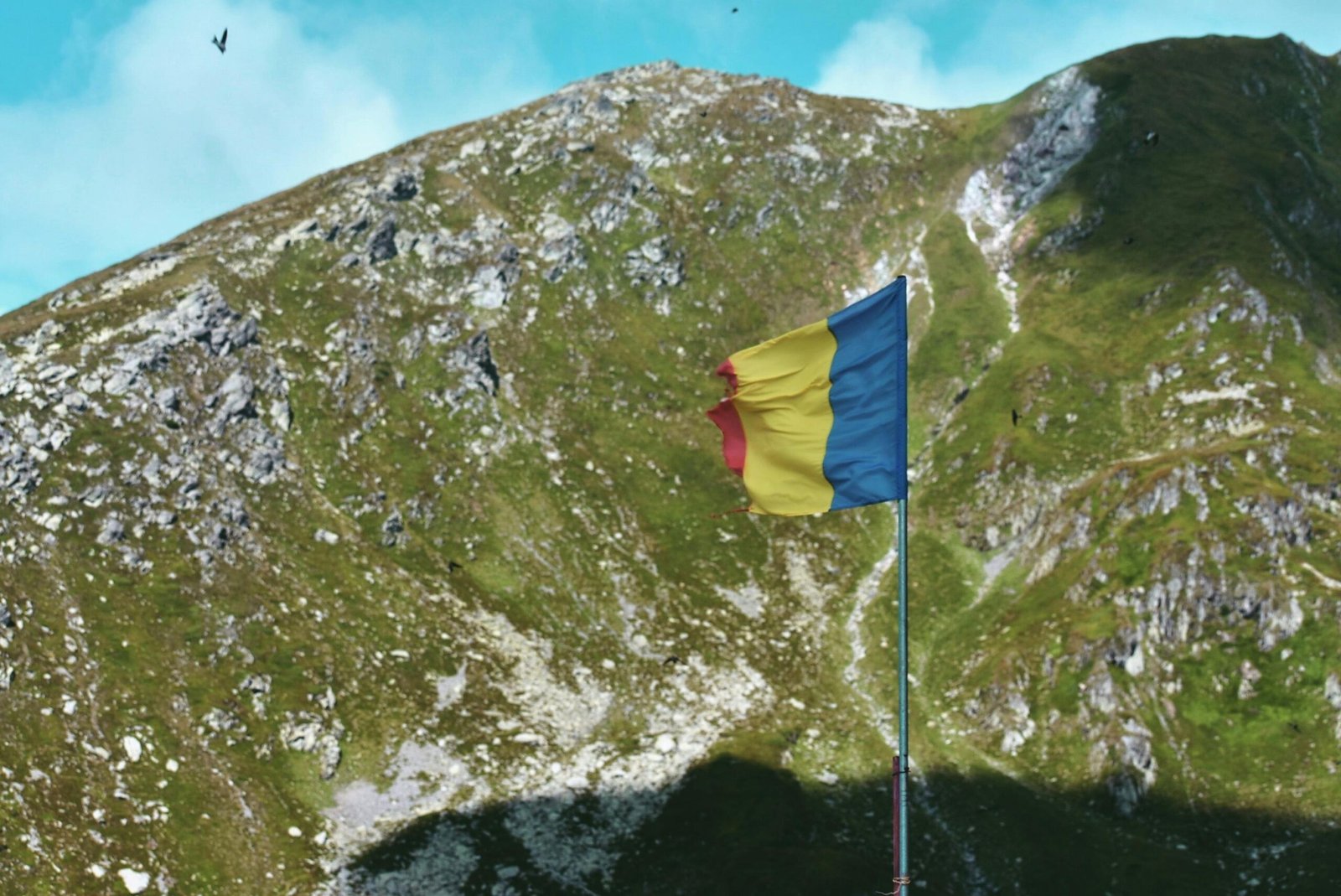- Romania’s interim president, Ilie Bolojan, has appointed Catalin Predoiu as caretaker prime minister following Marcel Ciolacu’s resignation.
- Predoiu, from the liberal NLP party, will hold the position for a maximum of 45 days with limited executive powers.
- The election rerun, held after allegations of electoral violations and Russian interference, has highlighted a strong anti-establishment sentiment among voters.
- The runoff on 18 May will be between nationalist George Simion and pro-Western Bucharest Mayor Nicusor Dan.
In a recent political shake-up, Romania’s interim president, Ilie Bolojan, has appointed a caretaker prime minister following the resignation of Marcel Ciolacu. The move comes in the wake of the coalition’s candidate, Crin Antonescu, failing to secure a place in the runoff of the presidential election rerun. The newly appointed interim prime minister, Catalin Predoiu, hails from the liberal NLP party and will be at the helm of the government until a new one is formed.
The interim position, as per the decree signed by Bolojan, can be held for a maximum of 45 days. During this period, Predoiu will have limited executive powers. This development is a result of the recent presidential vote, where Antonescu came third, trailing behind nationalist George Simion and pro-Western Bucharest Mayor Nicusor Dan.
Predoiu, a seasoned politician, expressed his vision for a presidency that ensures balance, cooperation, and dialogue in political life after casting his vote. He emphasized the importance of the moment for the entire country.
Political Crisis and Anti-Establishment Sentiment
This election rerun was held months after the Constitutional Court annulled the previous race due to allegations of electoral violations and Russian interference, plunging Romania into its worst political crisis in decades. The recent vote has highlighted a strong anti-establishment sentiment among voters, signaling a shift in power away from traditional mainstream parties. This has further intensified the political uncertainty that has been gripping the European Union and NATO member country.
Ciolacu, who came third in last year’s voided presidential race, announced his resignation outside the headquarters of his Social Democratic Party (PSD). He stated that he chose to resign rather than being replaced by the future president. He also acknowledged that the coalition, formed last December with the aim of fielding a common candidate to win the presidency, now lacks any credibility. The coalition comprises the leftist PSD, the centre-right National Liberal Party, the small ethnic Hungarian UDMR party, and national minorities.
This election marks the second time, including the voided election cycle, that the PSD party did not have a candidate in the second round of a presidential race. The anti-establishment sentiment is running high in Romania, similar to many EU countries, fueled by high inflation, a large budget deficit, and a sluggish economy.
The Rise of Nationalist and Far-Right Figures
This discontent has bolstered support for nationalist and far-right figures like Călin Georgescu, who won the first round in the cancelled presidential election but remains under investigation and barred from the rerun. The frontrunner in Sunday’s vote, George Simion, is a 38-year-old leader of the AUR party. He will face Dan in a runoff on 18 May. Simion founded the AUR party in 2019, which rose to prominence in a 2020 parliamentary election by proclaiming to stand for family, nation, faith, and freedom. It has since become Romania’s second-largest party in the legislature.
On the other hand, Dan, a 55-year-old mathematician and former anti-corruption activist who founded the Save Romania Union party in 2016, ran on a pro-EU platform. He acknowledged that a difficult second round lies ahead, against an isolationist candidate.
This political upheaval in Romania is reminiscent of similar historical events where political crises have led to significant changes in leadership. The current situation in Romania is a testament to the dynamic nature of politics and the power of the electorate in shaping the future of a nation. As the country navigates through this period of uncertainty, the world watches closely, anticipating the outcome of the runoff and its implications on Romania’s political landscape.

